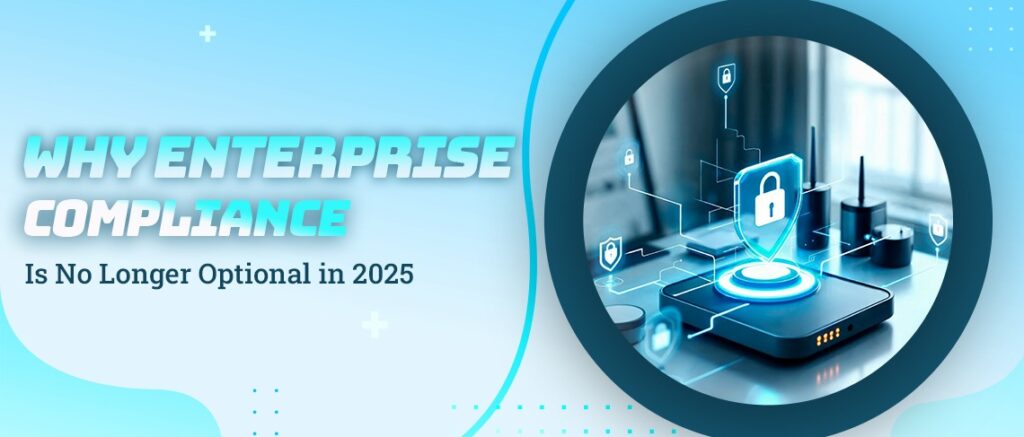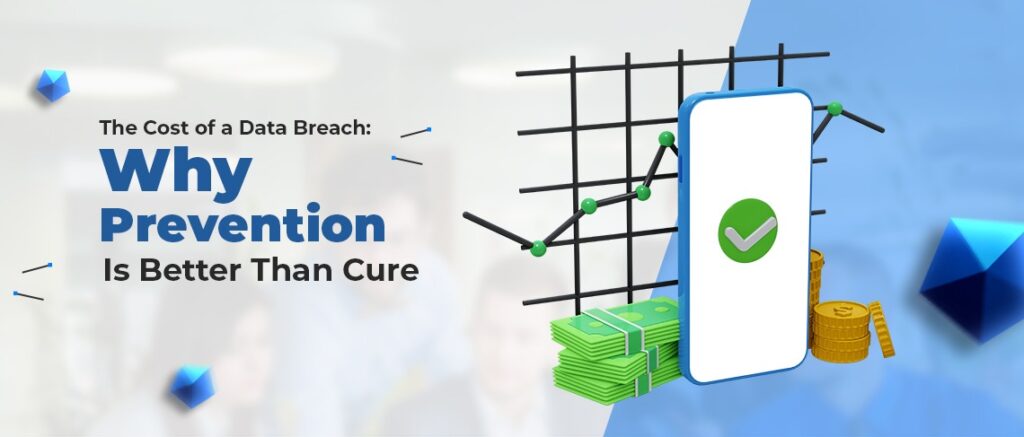The comfort of online purchasing has revolutionized how commercial enterprise is achieved. However, because the eCommerce industry grows, so does the sophistication of cyber threats targeting online stores. For eCommerce business proprietors and online stores, ensuring the protection of your digital storefront isn’t always just an alternative; it is a necessity.
This guide will walk you through the most unusual cybersecurity threats, actionable measures to protect your eCommerce shop, and superior techniques to live ahead of cybercriminals. By the end, you’ll have a clear roadmap to improve your online business in opposition to the developing tide of cybercrime.
The Growing Threat of Cyberattacks on eCommerce Stores
Cybercrime aimed at e-commerce systems is at the upward thrust. According to a document by Cybersecurity Ventures, cybercrime is anticipated to price the arena $10.Five trillion annually by way of 2025. Of the ones targeted, eCommerce agencies are particularly inclined due to the touchy monetary and private records they deal with.
From large facts breaches to centered phishing attacks, the repercussions for an eCommerce enterprise may be extreme. These attacks can result in stolen customer facts, economic losses, and irreversible reputational damage.
If you’re walking an internet save, making an investment in cybersecurity isn’t merely a protection degree; it’s a business vital. Whether you’re a small store or a big business enterprise, knowing the risks and enforcing the proper techniques can save your business.
Understanding Common eCommerce Cybersecurity Threats
The first step in shielding your online save is understanding what you’re up against. Here are the maximum not unusual cybersecurity threats facing eCommerce companies:
1. Phishing Attacks
Phishing stays one of the maximum normal threats. Attackers ship fraudulent emails disguised as valid entities to trick personnel or customers into revealing sensitive statistics like passwords or credit score card numbers.
2. Malware and Ransomware
Malware is malicious software software that could infect your structures, even as ransomware locks you out of your private facts till you pay a ransom. These assaults can devastate your operations and compromise customer information.
3. SQL Injection
Hackers can take advantage of vulnerabilities in your database through SQL injections, permitting them to manipulate or scouse borrow touchy consumer information.
4. DDoS (Distributed Denial of Service) Attacks
These assaults crush your servers with traffic, causing your website to crash. DDoS attacks disrupt ordinary operations and can frustrate capability clients.
5. Carding Attacks
Attackers test stolen credit score card numbers on your internet site to check their validity, leaving you with ability chargebacks and penalties.
Understanding those threats is 1/2 the conflict. The next step is implementing a sturdy security plan to keep your business secure.
Implementing Basic Security Measures
Even seemingly small actions can have a significant impact on your store’s security. Here’s how to start building a secure foundation:
1. Use HTTPS
Ensure that your website is encrypted the use of HTTPS, marked by way of the padlock symbol within the URL bar. HTTPS protects the facts exchanged between your clients and your online store, along with credit score card information.
2. Strong Password Policies
Encourage clients and employees to use precise, complex passwords. Better but, integrate multi-factor authentication (MFA) features for an brought layer of safety.
3. Secure Payment Gateways
Choose a reliable price gateway company that complies with PCI DSS (Payment Card Industry Data Security Standard). This guarantees steady transactions with your customers.
4. Regularly Monitor Activity
Keep the song of your website interest, which includes login tries and price strategies. Any irregularities could be an early sign of a breach.
Advanced Security Strategies for eCommerce
Once you’ve applied the fundamentals, it’s time to take your cybersecurity to the subsequent level with advanced strategies:
1. Invest in Web Application Firewalls (WAFs)
A WAF is an essential tool for filtering incoming traffic to your website. It blocks malicious traffic while allowing legitimate users uninterrupted access to your online store.
2. Install Anti-Malware Software
Comprehensive anti-malware software should be in place to scan for and prevent malicious software from causing harm.
3. Encrypt Sensitive Data
Ensure sensitive data stored on your servers is encrypted. Modern encryption methods make it nearly impossible for hackers to access customer information without the proper decryption key.
4. Implement AI-Powered Security
AI-driven security systems can monitor traffic, detect anomalies, and respond to threats in real time. These tools adapt to emerging threats, keeping your eCommerce business ahead of the curve.
5. Backup Your Data Regularly
A ransomware attack can leave you in a difficult position if your data backup is outdated. Regularly back up your systems to ensure minimal disruptions in case of an attack.
Training Employees on Security Best Practices
Your employees are your first line of defense against cyber threats. Unfortunately, they can also be the weakest link if not properly trained. Here are tips for ensuring your staff upholds strong cybersecurity practices:
• Educate your employees about recognizing phishing attempts and cyber scams.
• Enforce strong password policies and require regular updates.
• Train staff on how to handle sensitive data securely.
Regular training sessions and simulated scenarios can create a culture of cybersecurity awareness within your organization.
Regularly Update and Patch Systems
Outdated systems are a goldmine for hackers. Regularly updating your software and firmware enables remove vulnerabilities that might be exploited. Here’s what you should focus on:
• Update Content Management Systems (CMS): Platforms like Shopify, WooCommerce, and Magento release security updates regularly. Install those updates as quickly as they’re available.
• Patch Third-Party Plugins: If your internet site uses plugins, make sure they are up to date regularly. Bad actors frequently take advantage of outdated plugins.
• Upgrade Security Protocols: Use robust protocols like TLS 1.3 to make certain the very best stage of statistics protection.
Staying vigilant about updates may seem tedious but is critical in preventing breaches.
Proactively Safeguard Your eCommerce Business.
Protecting your on-line shop is an ongoing manner. By staying vigilant and integrating both fundamental and advanced safety features, you’ll be better ready to tackle emerging cyber threats. Remember, a steady website now not simplest protects your business but also reinforces patron agree with and loyalty. If you’re unsure where to start or how to implement these strategies effectively, seek professional guidance. Protect your business, safeguard your customers, and stay ahead of cybercriminals in the evolving world of eCommerce.
If you want to protect your business from cyber threat, connect Zelartrust, cyber security consulting company UAE.



